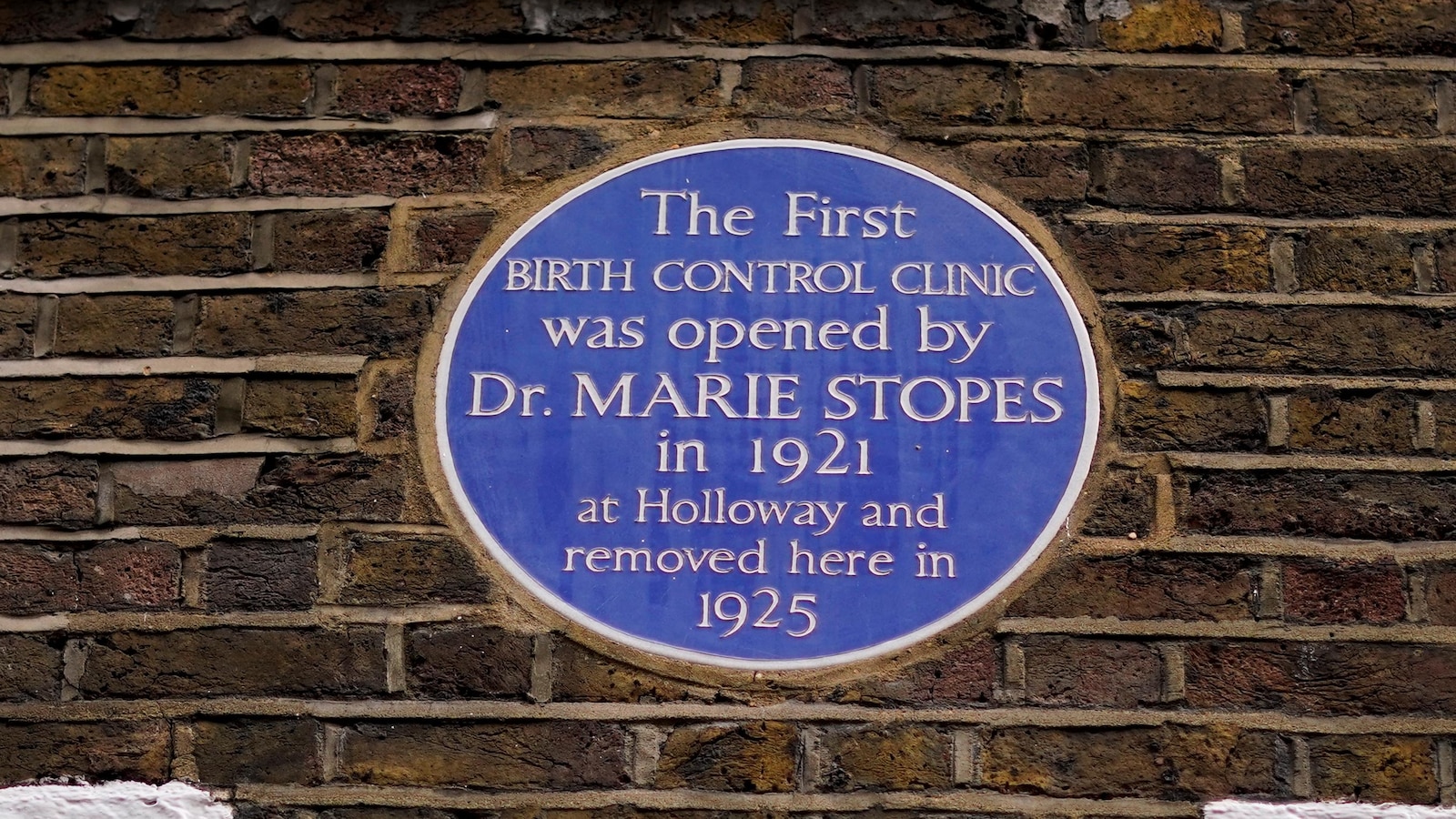The law criminalizes actions that intentionally or recklessly disrupt access to abortion services or cause “harassment, alarm, or distress.” Offenders could face fines without a specified upper limit, marking a significant step in regulating protests related to abortion access.
Initially passed as part of the previous Conservative government’s Public Order Act, the buffer zone regulations have faced delays due to debates over their applicability to silent prayer protests and changes in government leadership. The Crown Prosecution Service has indicated that silent prayer demonstrations may not necessarily constitute a criminal offense, with police stating they will evaluate each case individually.
Opponents of the ban, including anti-abortion advocates and religious organizations, argue that prohibiting silent prayer infringes on freedom of religion. They contend that these peaceful demonstrations are essential expressions of their beliefs. In contrast, pro-choice advocates assert that even silent protests can create a hostile environment for women entering clinics.
Louise McCudden, a spokesperson for MSI Reproductive Choices, one of the UK’s largest abortion providers, emphasized the impact such demonstrations have on women, stating, “It’s hard to argue that someone praying right outside an abortion clinic isn’t trying to influence people—there are countless accounts from women saying it makes them feel distressed.”
In March 2023, lawmakers rejected amendments to the legislation that would have explicitly allowed silent prayer within buffer zones, resulting in regulations that are expected to face legal challenges.
Crime and Policing Minister Diana Johnson expressed confidence that the new measures would help women feel safe and empowered in accessing essential services. However, Bishop John Sherrington of the Catholic Bishops’ Conference of England and Wales criticized the government for taking an “unnecessary and disproportionate step” against religious freedom. He argued that religious liberty includes the right to publicly express personal beliefs through testimony, prayer, and charitable outreach, even outside abortion facilities.
Abortion remains a less divisive issue in the UK compared to the United States, where access to abortion has faced significant restrictions following the Supreme Court’s reversal of the historic Roe v. Wade decision in 2022. The UK legalized abortion partially with the Abortion Act of 1967, which allows abortions up to 24 weeks of pregnancy with approval from two doctors. Post-24 weeks, abortions are permitted under specific circumstances, including threats to the mother’s life.
However, women seeking abortions in England and Wales beyond 24 weeks can be prosecuted under the Offences Against the Person Act of 1861. Notably, a 45-year-old woman in England was sentenced to 28 months in prison last year for ordering abortion pills online while being 32 to 34 weeks pregnant; her sentence was later reduced amid public outcry.
As the law goes into effect, the discussions around its enforcement and the balance between free expression and protecting vulnerable individuals seeking medical services continue to unfold in the UK.


